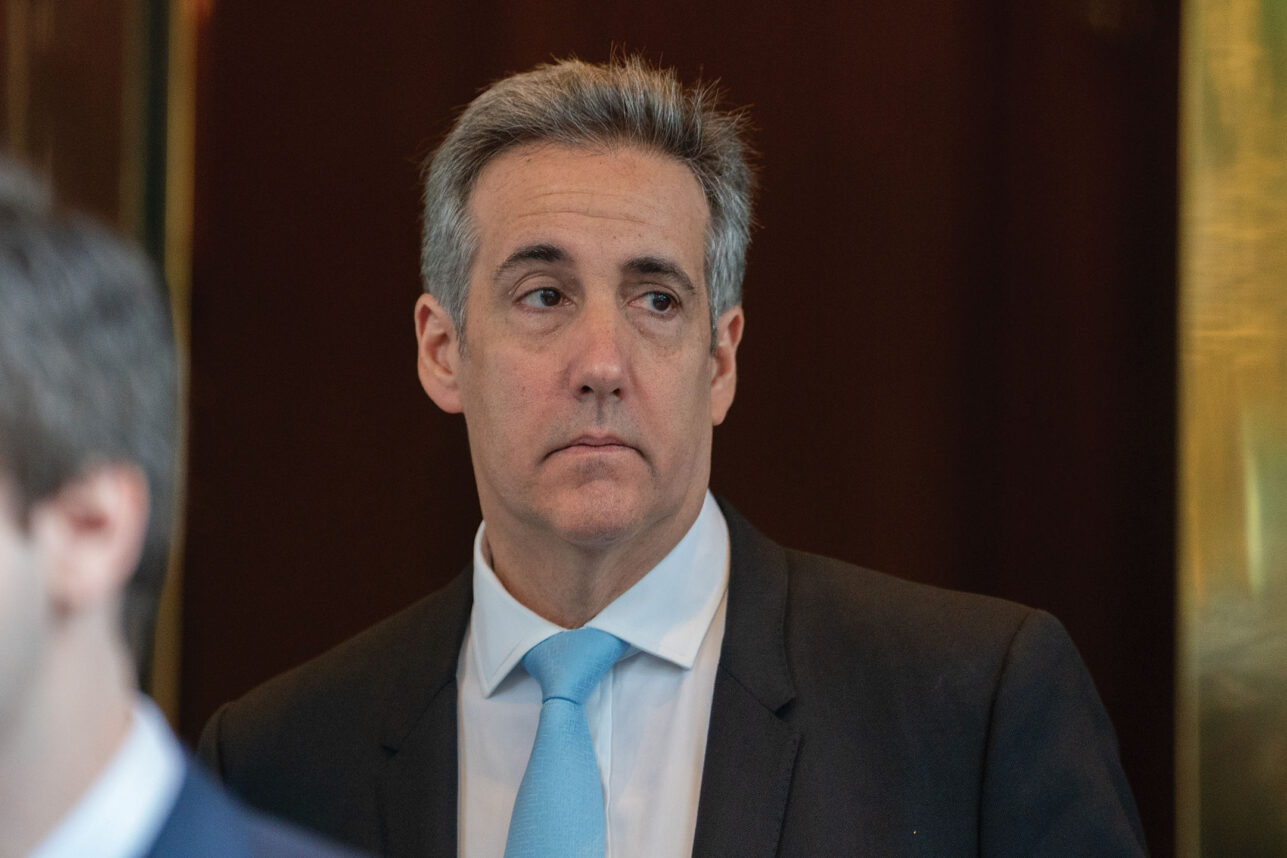The house is silent now; the door remains closed, no more sounds from the screen door opening and closing to announce the arrival and departure of visitors. The sincere offers of condolences, fond stories of my father at work, in the army, or jokes to lighten the mood, each closing with the Hebrew words of comfort that roll off me like water in the shower, coupled with the solemn offer ‘if there’s anything I can do, please let me know’ fade into the background. Life goes on. Shiva is over and my father is still dead.
From shiva my life turns to my watch, constantly checking the time and various calendars to make sure I can get to a minyan, three times a day, to say kaddish. I wake up in the middle of each night, checking my alarm to make sure it is properly set for the ungodly hour of 5:45 so I can attend the early service at a nearby synagogue. I juggle meetings and appointments to attend afternoon services and coordinate reading books to the children and other nighttime preparations with my wife so I can make an evening service. Of course there is always the possibility to combine an afternoon and evening service around the early winter dusk; that is a whole other level of planning. I am perpetually exhausted. My life evolves around one common theme: I need to be at a minyan to say kaddish for my father.
“May His great Name be exalted and sanctified,” I begin. The kaddish is my partner now, my new friends congregants of the various services I attend, many of whom are also there to say kaddish. They all treat me kindly, the sextons at many of these places honor me with leading the services to provide me more recitations of the kaddish prayer. I am formally welcomed to some groups, with a warm announcement, as if I have joined an exclusive club, yet I want to yell out this is the last place I want to be right now; my reason for being part of your group is nothing to extol. I smile wryly, knowing exactly how Groucho Marx felt.
This is my father’s revenge, I chuckle. As a young boy, on Shabbat, he always wanted me to be on time for services. I resisted, preferring to sleep, and then pour over the boxscores in the morning paper instead. Now, every single day, I stand before a congregation, before the sun has even risen and lead a service and say the kaddish seeking comfort. Yet I find only anger and resentment. Not at my father but at my faith that dictates how we should honor a parent’s memory.
The kaddish is supposed to be my vehicle of mourning. Through praise of God, I can come to understand the terms of my father’s death. It is not that my father died tragically or unexpectedly young. He was 81 and had been in declining health for several years. Still, I grieve. “May his great Name be blessed forever and ever,” I continue. Why does this prayer say nothing about my father? What am I saying? It is through the kaddish, I am told, that I honor his memory and secure for him a better place in the world to come. But does he really need my prayers for that? He was a good man, who would qualify on his own merits.
I don’t know enough about the kaddish, a prayer widely written about and discussed, to fully understand what repetition of this prayer for eleven months is designed to achieve. I cannot help but think it is part of a rabbinical conspiracy to get more people to services. On time. The rabbis declare it a communal prayer, one that can only be said in the presence of a minyan, yet it strikes me as a very private experience, despite its public praise of God. “Lauded be the Name of the Holy One, Blessed is He,” I recite. The kaddish has been sought out and said by people for generations as a source for answers, a source for consolation. It provides me with neither.
It is during kaddish that I grieve the most. In a vocal monotone, I say words about God but my thoughts are with my father, and it hits me hardest at this time that I will not be able to speak with him again. That realization is still hard to accept. “May there be abundant peace from Heaven,” I say, a little more softly, to hide the cracking in my voice.
While I prefer to do anything else, the kaddish is all I really have. Friends who meant well at shiva have for the most part all but disappeared. The words of condolences said during shiva are over; it is time to move on. Yet, it is now, after shiva has ended, when I am over the numbness and shock of my father’s death that I need answers, or better yet, a distraction. All I have to turn to though, is the kaddish. And the words tell me to praise God. I find difficult to say that with any meaning right now. But I wonder. What would my father say if he saw me here at minyan, saying the kaddish? He would be proud. That is what keeps me going.






















 More news and opinions than at a Shabbat dinner, right in your inbox.
More news and opinions than at a Shabbat dinner, right in your inbox.